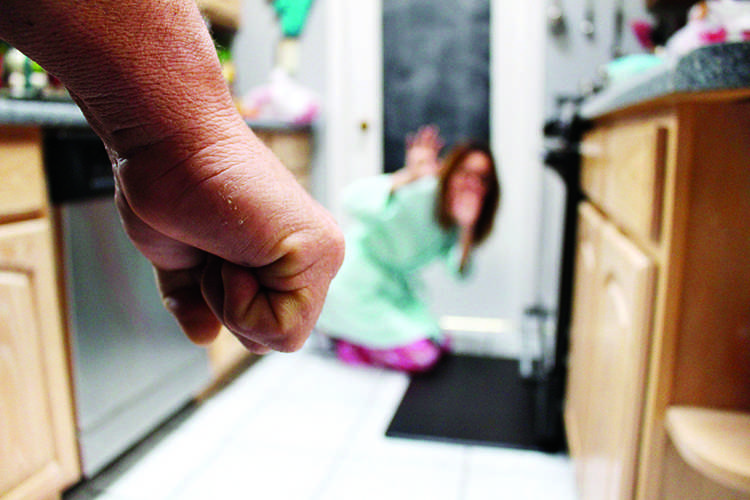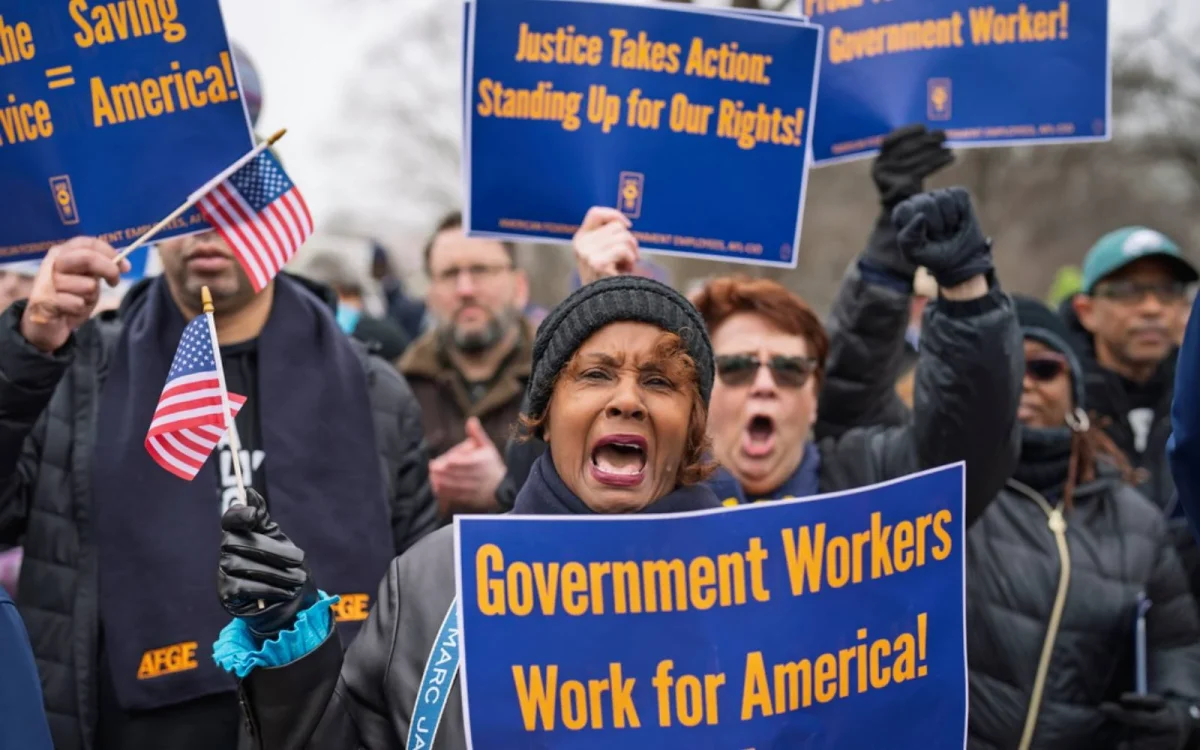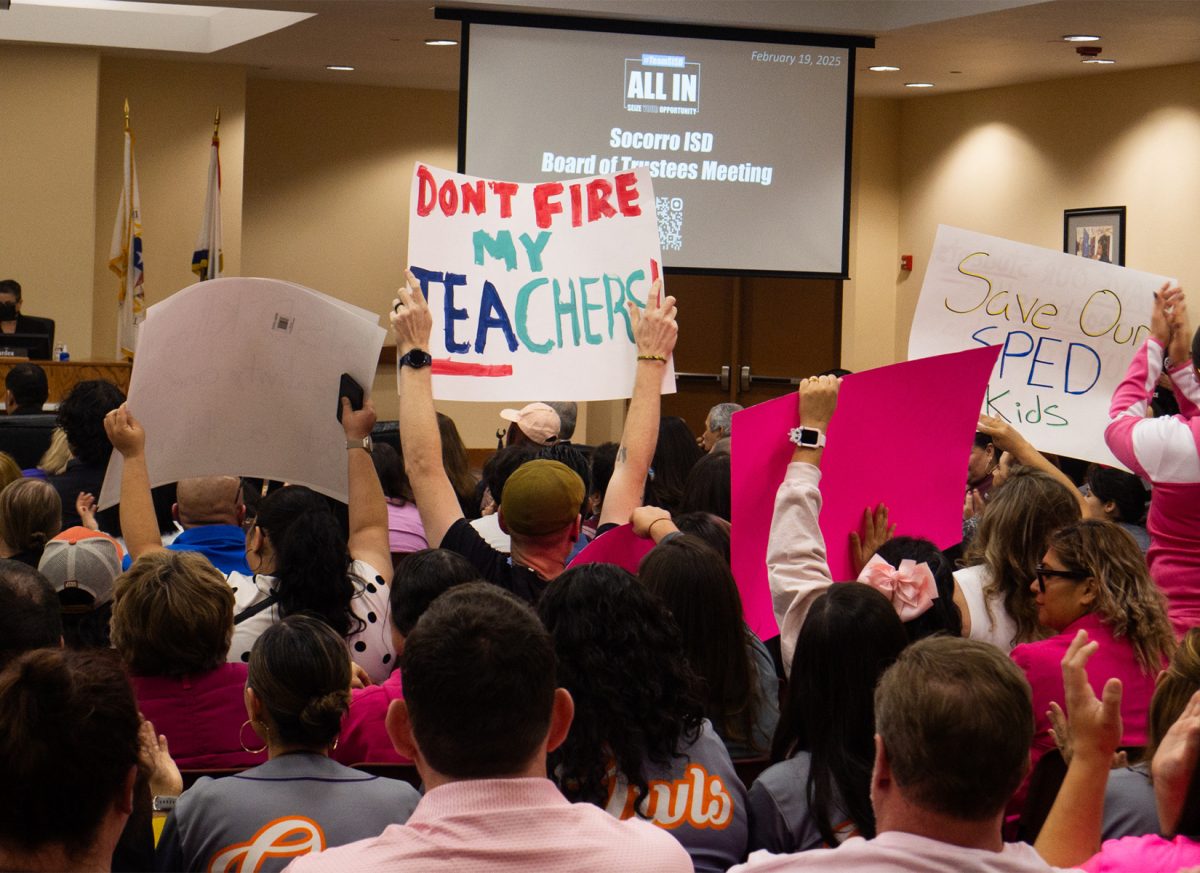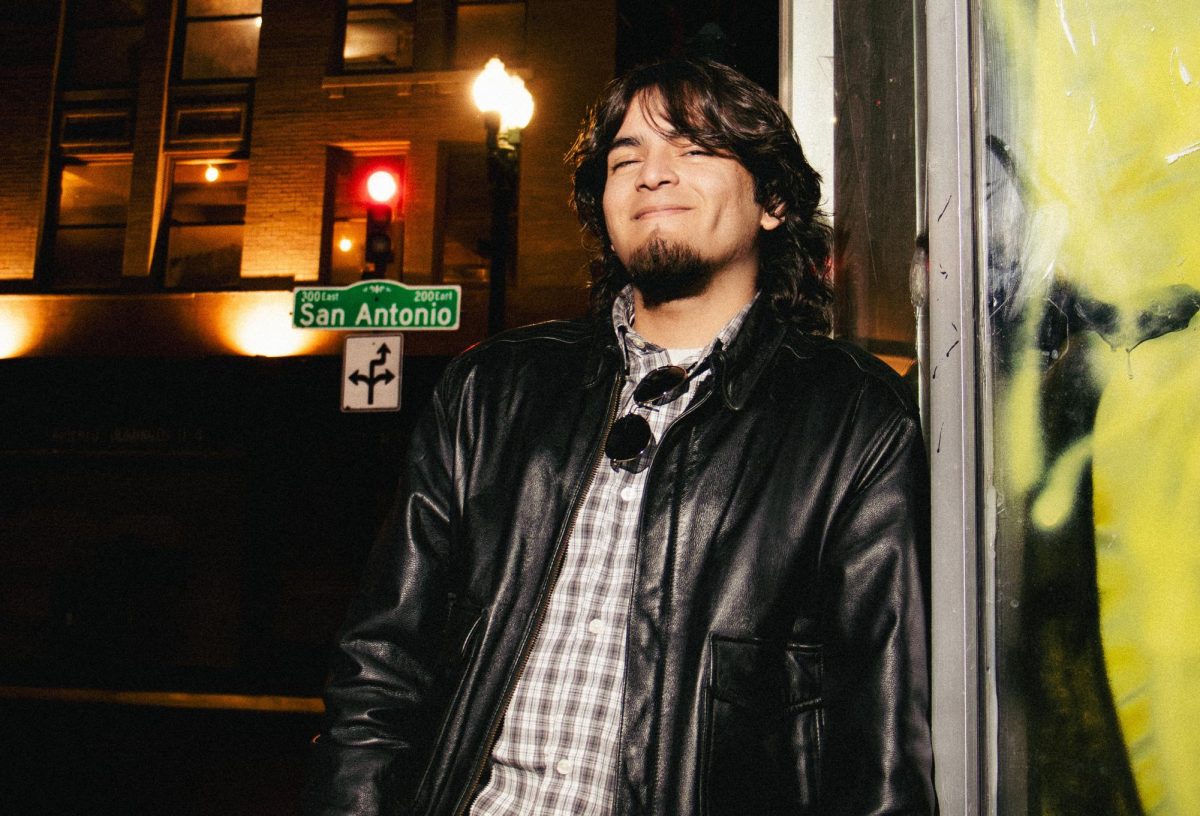The numbers of domestic violence cases reported to El Paso’s District Attorney’s office reveal fluctuating figures.
“On average, we get about 5,000 cases a year, it goes up and down,” said District Attorney Jaime Esparza. “We’re not unique, we are not extraordinary, as in too many or in too little. We probably have—unfortunately—the number for our population.”
The number of domestic violence cases referred to the District Attorney’s office ranged from 4,430 in 2009 to 6,076 in 2012. The latest figures reported were 5,843 in 2013.
“Compared to other cities like El Paso, its actually kind of normal. It’s not really higher than other cities, or lower,” said Edgard Zagala, associate professor of criminal justice. “It’s about the average that you’d expect in cities like El Paso.”
A recent report released by the Texas Council on Family Violence showed an increase in the number of women killed in Texas due to domestic violence from 114 in 2012 to 119 in 2013. The same report revealed a decrease in the number of women killed in El Paso, from four in 2012 to two in 2013.
Dallas and Harris counties tied for the largest number of domestic violence murders in the state, with
20 per county.
According to the report, 76 percent of women were killed at home, 58 percent were shot and 22 percent were stabbed.
In order to address the issue of domestic violence more aggressively, in 2006 the El Paso’s District Attorney’s office began the 24-hour contact program. Within 24 hours of an arrest, a victim of domestic violence is contacted by an investigator and a victim’s advocate, either over the phone or in person.
“We talk to them about their safety, we talk to them about programs in the community that might be of help to them,” Esparza said. “I think that it really has made a difference in our cases, and as a result, we’ve gotten better at it.”
The 24-hour contact program, alongside 99 other various programs throughout the country, were included in a White House report titled “1 is 2 Many,” featuring President Barack Obama, Vice President Joe Biden as well as other celebrities to commemorate the 20th anniversary of the Violence Against Women Act.
“We’re leaders in the state in attacking and addressing the issue of domestic violence,” Esparza said. “Our 24-hour program has been replicated not just in Texas, but elsewhere in the country, and we’re pretty proud of that.”
The District Attorney’s office said the biggest obstacle when it comes to domestic violence is prosecuting the cases and getting them moved along
in courts.
“Domestic violence is a very unique crime and a very complicated and difficult case to prosecute because of the continuing relationship between the defendant and the victim,” Esparza said. “The relationship continues and that’s what makes those cases more difficult.”
Cesar Campa, communications director for the Center Against Family Violence, said if victims of domestic violence are economically dependent on their abusers, they are less likely to leave the relationship.
“Your life could be in danger if you don’t proceed with prosecution or at the very at least attempt to finish the relationship,” Zagala said.
A step the District Attorney’s office is taking to resolve more domestic violence cases is videotaping the victims at the scene.
According to Esparza, videotaping victims yields powerful evidence that could solve cases before going to trial.
“There’s just too many of them, 5,000 cases a year. We’d like to be able to resolve them short of trial,” Esparza said.
Maria Esquinca may be reached at [email protected].









